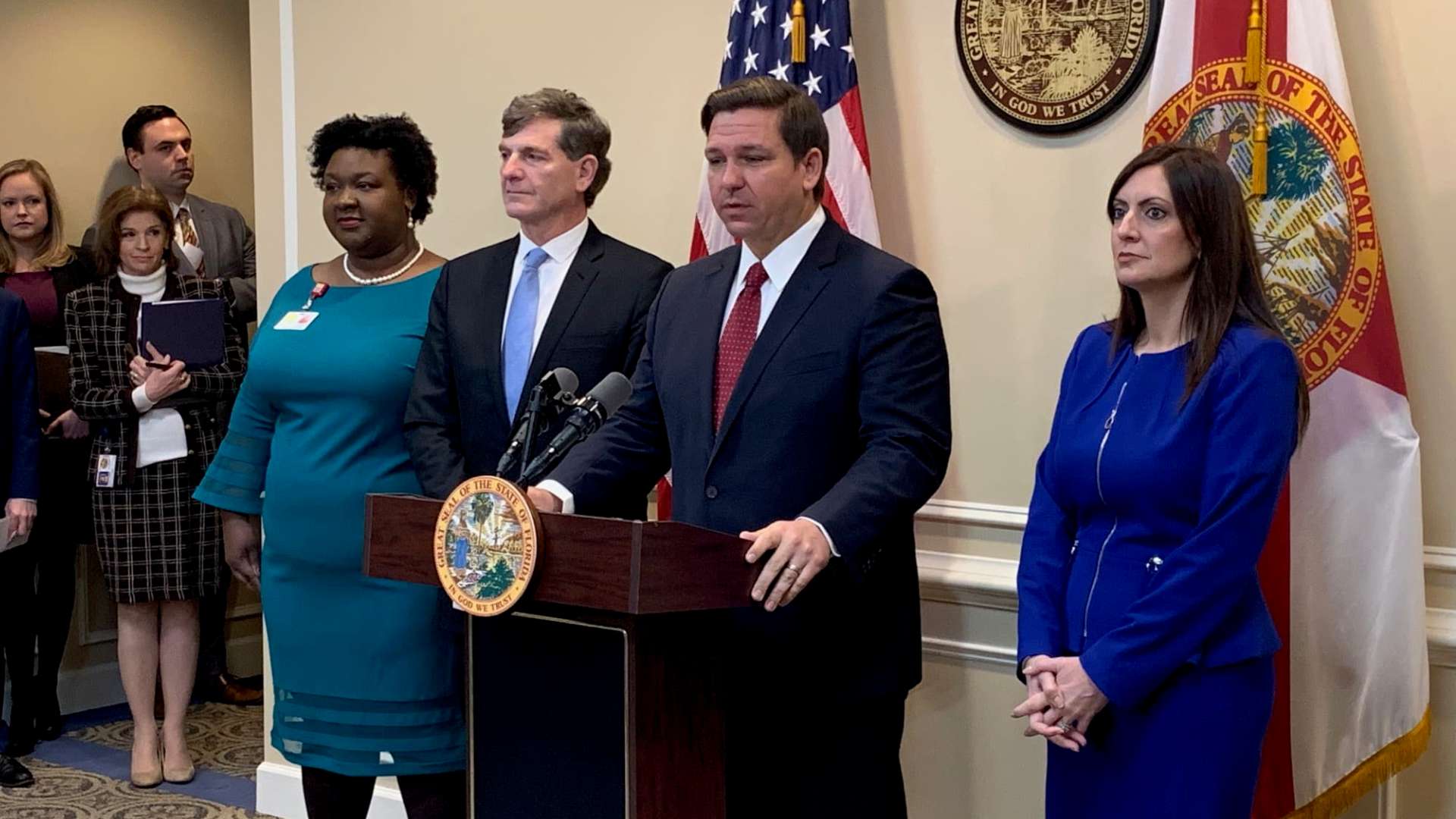Florida Rejects Statewide Stay At Home Order – As more and more states issue stay-at-home orders, Florida is taking a different—some say dangerous—approach to dealing with the COVID-19 pandemic.
Though the state’s confirmed case counts have rapidly risen in step with increased testing, Florida Governor Ron DeSantis has rejected the idea of a state-wide order to keep people at home. Instead, the governor has opted to address coronavirus responses on a county-by-county basis, in hopes of sparing local economies.
On Monday, DeSantis signed an executive order urging residents in just four counties in Southeast Florida to stay in. The counties—Miami-Dade, Broward, Palm Beach, and Monroe—include some of the hardest hit in the state.
Together, they have reported around 60 percent of the state’s 5,704 cases as of Tuesday, March 31. Many people in the four counties had already been limiting outings.
The true number of cases in the counties and state overall are likely to be much higher due to slow and limited testing.
RELATED: Your Employee Tested Positive For COVID-19
“This codifies a set of rules regarding ‘Safer at Home’ in Southeast Florida,” DeSantis said Monday. “It gets all four counties operating on the same sheet of music.”
Experts say that such a patchwork approach of county-by-county restrictions, in which residents can easily move between areas with different levels of restrictions, is ineffective at preventing disease transmission. Moreover, DeSantis drew heavy criticism for allowing Floridians and college students on spring break to flood beaches in the state.
Many public health experts as well as other lawmakers have urged DeSantis to stop delaying state-wide measures that would curb disease spread.
“It is past time to intervene to slow transmission [in Florida],” Marc Lipsitch, an epidemiologist at Harvard T.H. Chan School of Public Health, told reporters on a call March 23.
Millions Could Die From COVID-19
Over two dozen states and the District of Columbia have so far issued stay-at-home orders, with several others issuing orders for high-risk groups. Florida stands out for being a state with a large number of cases—currently the sixth largest number of cases in the US—but having little in the way of state-wide efforts to slow the spread of COVID-19.
The new order, affecting just four counties, does little to quiet those concerns. Moreover, DeSantis originally stated Monday that the stay-at-home order would last until mid-May. But later in the day, he corrected himself, saying that he meant to say it would last only until April 15.
That is shorter than the duration of current federal social distancing guidance. On Sunday, President Trump extended the guidance by an extra 30 days, keeping social distancing recommendations in effect until the end of April.
The extension was an about-face for Trump, who just days before had suggested relaxing distancing measures by April 12. Public health experts roundly decried the suggestion.
In a press conference Monday, the president seemed to have been swayed by modeling that estimated that up to 2.2 million Americans could die if the virus were left to spread unabated, and up to 200,000 could still die if aggressive distancing and mitigation efforts continued.
After opening remarks, reporters asked the president if he thought some states were going too far in their stay-at-home orders—such as Virginia’s order, which lasts until June 10—or if other states, such as Florida, were not going far enough.
In the latter case, one reporter asked if the president would consider a nationwide stay-at-home order to force the hand of laxer states.
Trump responded that he was content with allowing state and local governments to make their own calls. He added it was “pretty unlikely” that he would issue a nationwide order.
For states that were far more aggressive in enforcing social distancing measures, Trump appeared to offer approval. He noted that people being ordered to stay home “doesn’t bother me at all.”
“People should be staying at home,” he said. “That’s what we want.”
As of Tuesday morning, there are 164,610 confirmed cases in the US and more than 3,100 deaths. The actual number of cases is likely much higher.





